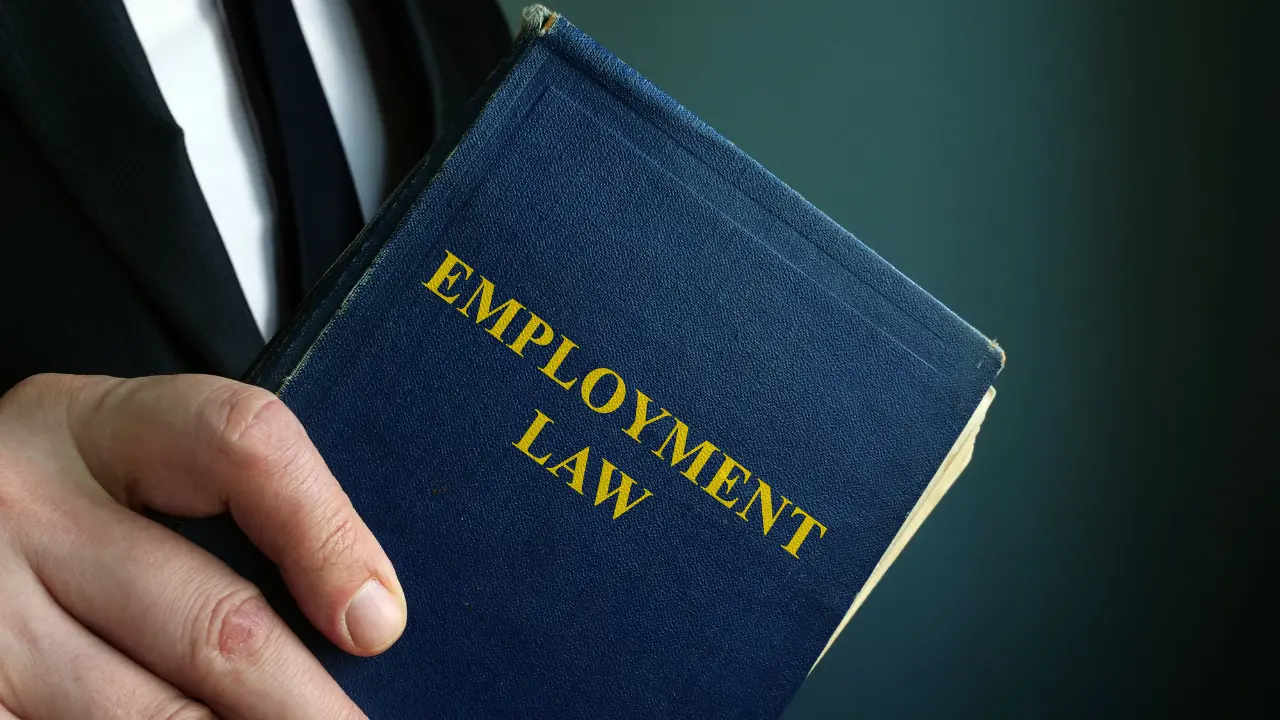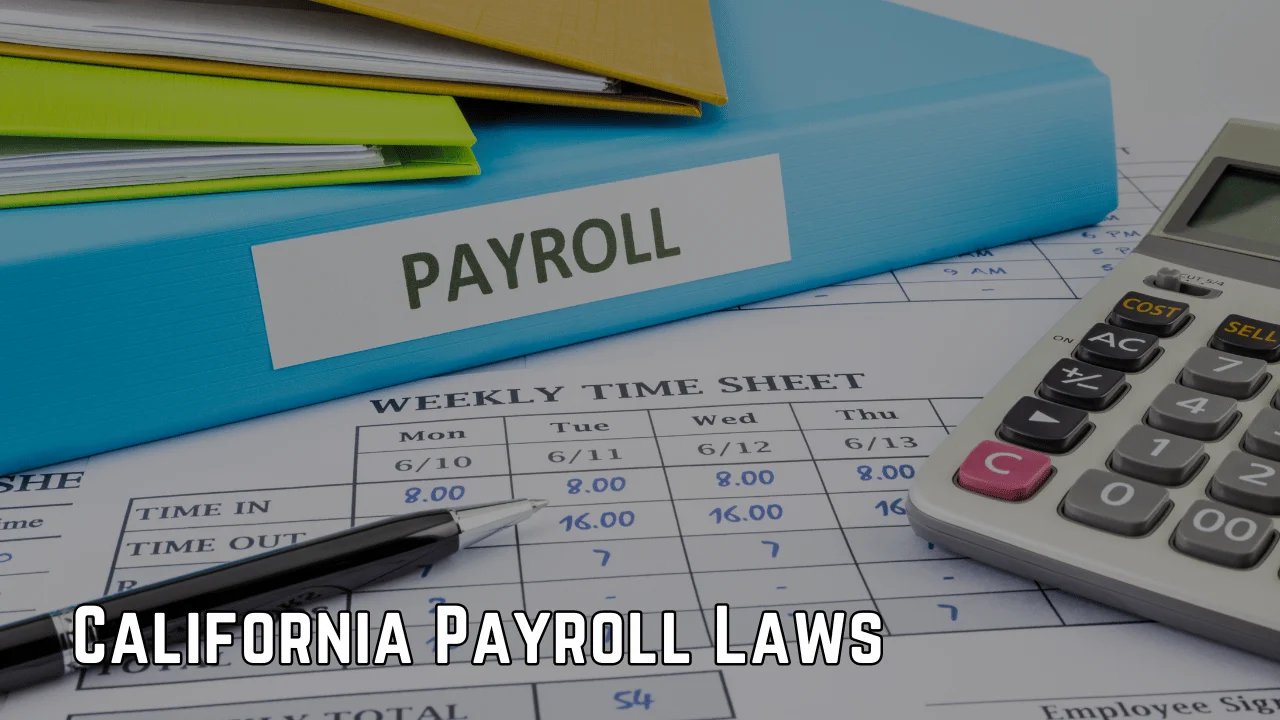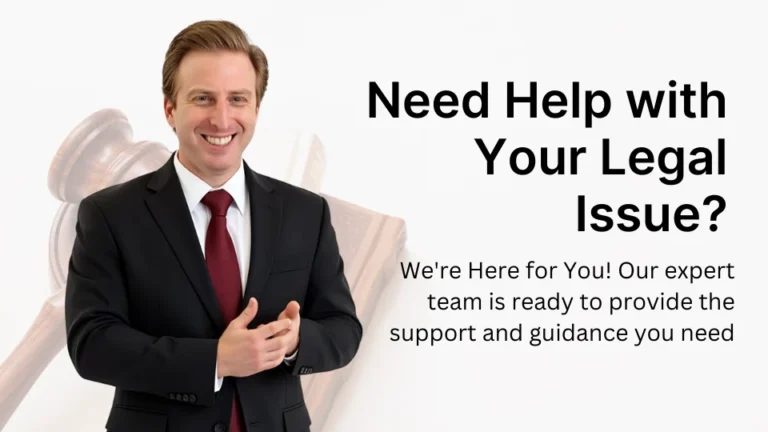Mistakenly misclassified might be more common than you think in the modern workplace. Employee misclassification has become a contentious issue in various industries, particularly in the thriving gig economy.
But what does it mean, how does it affect you, and what can you do about it? By exploring three key areas – types of misclassification, methods for recovering unpaid wages, and the unique challenges in the gig economy – we can shed light on this complex issue.
Stick around to arm yourself with the knowledge necessary to navigate this murky terrain.
Understanding Types of Misclassification
To fully grasp the concept of employee misclassification, it’s crucial to understand its two main types: independent contractor misclassification and exempt employee misclassification.
Independent contractors, under the ABC test, are presumed to be employees unless they meet specific conditions. These conditions often relate to the degree of control they have over their work. If they’re treated like employees but categorized as independent contractors, it’s a misclassification.
On the other hand, exempt employee misclassification occurs when you’re wrongly classified as exempt from overtime pay. You’re entitled to overtime unless your job duties fall under specific exemptions.
Both types can lead to severe penalties for employers and lost benefits for you. Understanding these classifications is key to protecting your rights.
Procedure for Recovering Unpaid Wages
Navigating the process of recovering unpaid wages begins with understanding that misclassified workers have the right to file wage and hour lawsuits to seek compensation for damages.
You’ll need to engage in a legal process to assert your compensation rights. This first involves collecting all relevant documents, such as your employment contract, work schedules, and pay stubs.
Next, you’ll file a complaint with your state’s labor department or the federal Department of Labor. If they don’t resolve your claim, you can file a lawsuit in court. However, it’s essential to consult with an employment attorney to guide you through this complex process.
Misclassification Issues in the Gig Economy
In the burgeoning gig economy, misclassification of workers, especially those driving for ridesharing companies like Uber and Lyft, has become a contentious issue. By classifying drivers as independent contractors, these companies avoid considerable costs, impacting the economy significantly. Regulating gig workers, therefore, has become a focal point for lawmakers.
Misclassification enables companies to sidestep obligations like minimum wage, overtime, and benefits, shifting these responsibilities onto the workers. This not only undermines workers’ rights but also has broader implications for social security funding and public resources.
Proposed laws aim to rectify this by redefining employment status. However, it’s a complex task, balancing the flexibility desired by gig workers and the protections they deserve. The outcome will undoubtedly reshape the gig economy, making it crucial to monitor these developments closely.
Conclusion
In conclusion, don’t let yourself be short-changed by misclassification. Understand the types of misclassification, learn the procedure for recovering unpaid wages, and be aware of the unique challenges in the gig economy.
Stand up for your rights and ensure you’re receiving the benefits and protections you’re entitled to. Remember, being informed is the first step in ensuring fair treatment.
Protect your livelihood, and don’t let misclassification rob you of your hard-earned wages.






